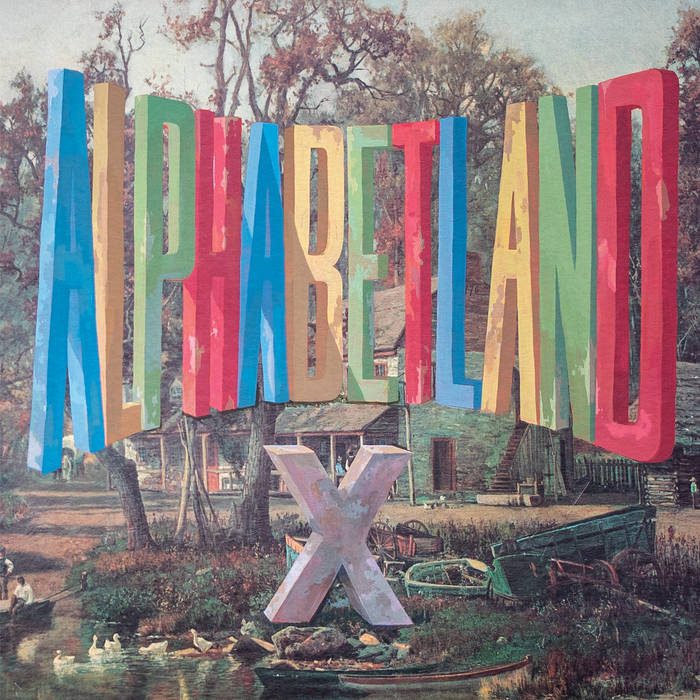X’s ‘Alphabetland’ Spotlights Their Influence on Contemporary Music

Throughout their oeuvre, the Los Angeles-based X has mined punk à la The Ramones, expressed an affinity for new wave, and touched on elements of atmospheric art rock, notably the stylistics of Television. Country music may not be part of X’s fundamental DNA; however, X is owed a debt of gratitude by myriad artists who forged and/or expanded the alt-country subgenre — one part classic rock, one part country, and one part punk, at least in terms of attitude — including Uncle Tupelo, Ryan Adams, Old 97’s, Drive-by Truckers, Neko Case, Whitey Morgan, Angel Olsen, Sarah Shook, Lydia Loveless, and so on.
Alphabetland, X’s first studio album with original lineup in 35 years and released on Bandcamp, is essentially a Los Angeles/Wild Gift redux. While the album doesn’t till new ground, it does underscore the band’s stature as an important American source. The opening/title track features a staccato guitar riff, a pop-ish melody, and Exene Cervenka’s adrenalized vocal. On “Free,” John Doe’s voice rises from a maelstrom of crunchy guitars and busy percussion. Both songs function as reiterations of now-classic alt-country proto-templates, methods adopted and extensively reconfigured by, for example, Alejandro Escovedo and Chuck Prophet.
“Water & Wine” is founded on a 1950s blues riff, while Cervenka’s vocal conjures a ’90s lo-fi/garage-y vibe. On “Strange Life,” Cervenka and Doe sing together, reasserting their new-wave origins. These songs highlight X’s direct or osmotic influence on, among others, the country-punk duo Shovels & Rope, the former track pointing to Cary Ann Hearst’s lone voice, the latter her vocal mixes with bandmate and husband Michael Trent. Billy Zoom’s funky guitar riff and grungy bridge on “Cyrano deBerger’s Back” illuminate the punkier aspects of the folk-ish Shakey Graves. “All the Time in the World” is perhaps the least retrospective piece on the album, a piano-driven, spoken-word coda. “History is just one lost language after another,” Cervenka drolly concludes, her ironic tone producing a chuckle more than a cry.
Alphabetland restates X’s essential, most seminal, and career-spanning approaches, a stylebook from which innumerable songwriters and musicians have drawn — directly or indirectly — contributing to the evolution of musical heterogeneity. This album offers a succinct and accessible lesson re: the history of popular music.




